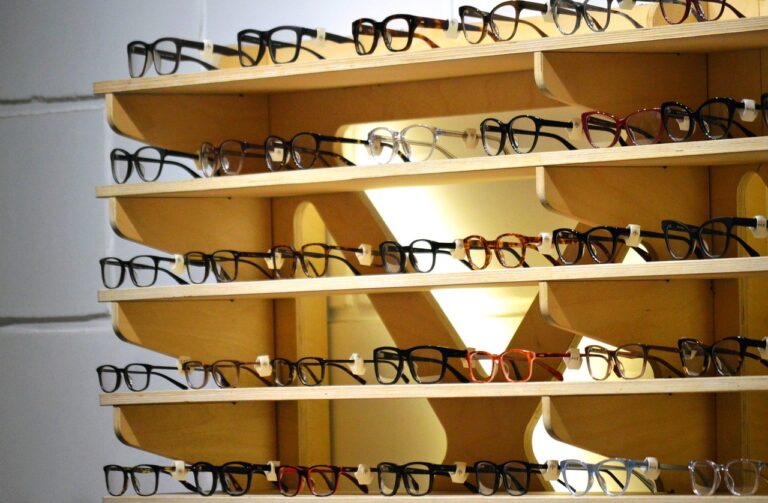Fashion Tech: Wearables and Gadgets Changing the Industry
Wearable technology has seen significant advancements in recent years, transforming the way we interact with the world around us. From smartwatches that monitor our daily activities to fitness trackers that keep tabs on our health, these devices have become more sophisticated and seamlessly integrated into our lives. With the introduction of biometric sensors, smart clothing, and augmented reality glasses, wearable technology is pushing the boundaries of what is possible.
One of the most notable advancements in wearable technology is the development of health-monitoring devices that can track vital signs such as heart rate, blood pressure, and even stress levels in real time. These devices not only provide valuable data for individuals to better understand their own health but also offer healthcare professionals valuable insights into a patient’s well-being. Additionally, the incorporation of artificial intelligence and machine learning algorithms has enhanced the capabilities of wearable technology, allowing for more personalized and accurate health monitoring.
Smart Fabrics and Textiles
As technology continues to advance, the integration of smart fabrics and textiles into everyday clothing is becoming more prominent. These innovative materials have the capability to monitor various aspects of our health and well-being, providing valuable data in real-time. From heart rate monitoring to assessing muscle activity, the potential applications of smart fabrics are vast and varied.
In addition to their health monitoring capabilities, smart fabrics and textiles also offer the potential to enhance comfort and functionality in clothing. Imagine garments that can adapt to changes in temperature, protecting the wearer from both heat and cold. With the ability to regulate moisture and provide UV protection, these textiles are revolutionizing the way we think about traditional clothing.
Impact of Wearables on Health and Fitness
Wearable technology has revolutionized the way individuals monitor and track their health and fitness levels. With the incorporation of sensors and data analytics, these smart devices provide real-time feedback on various metrics such as heart rate, steps taken, calories burned, and sleep patterns. This continuous monitoring enables users to make informed decisions about their lifestyle and health habits, ultimately leading to improved well-being and physical fitness.
Moreover, the accessibility and portability of wearable devices have made it easier for people to stay motivated and accountable towards their health and fitness goals. The convenience of having a personal fitness tracker on your wrist or clothing allows for seamless integration into daily routines, encouraging individuals to stay active and make healthier choices throughout the day. As a result, wearables have not only enhanced the way individuals manage their health but have also contributed to a more proactive approach towards preventing chronic illnesses and promoting overall wellness.





